Cannabis and Natural Medicinals Major (BS)
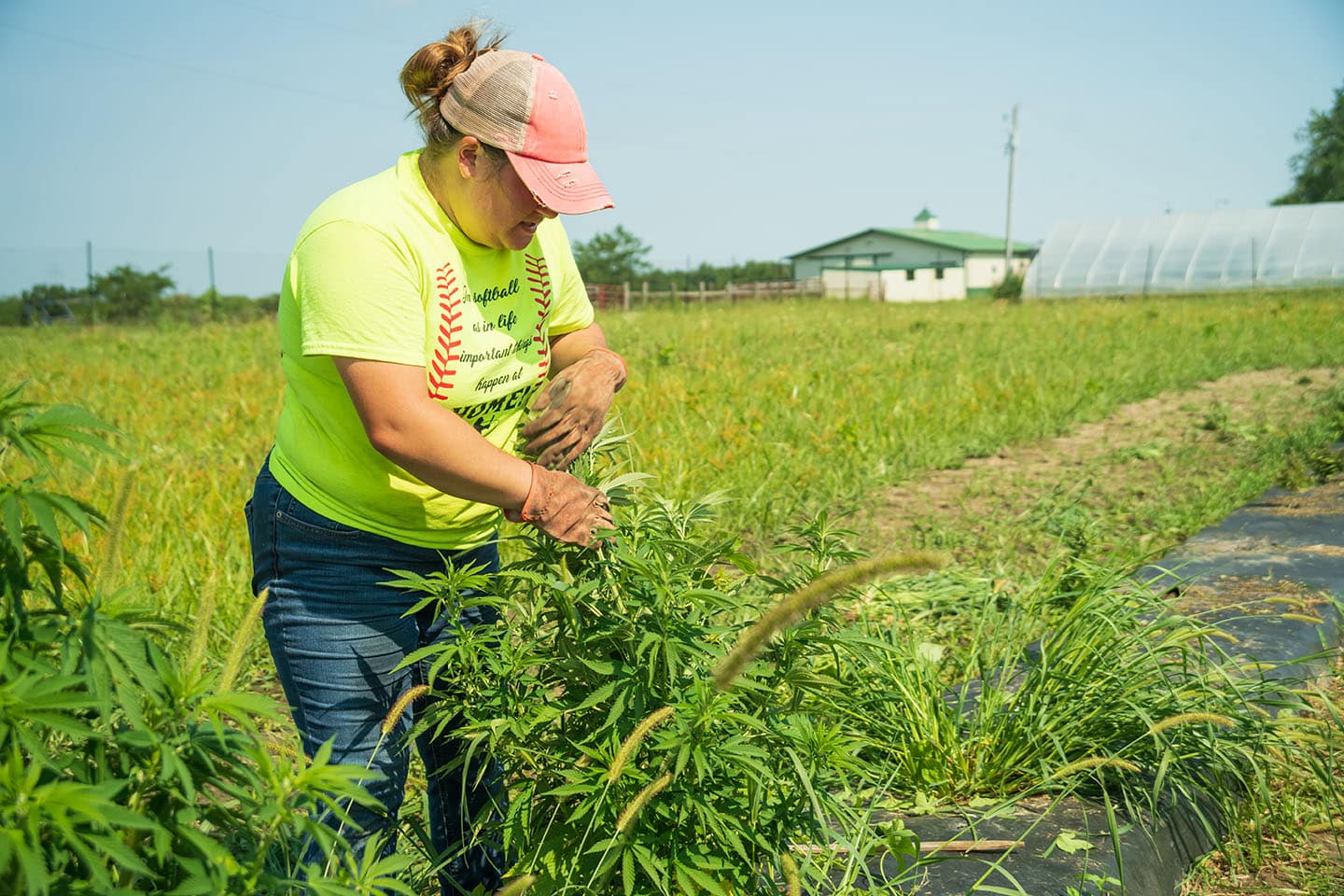
As a cannabis and natural medicinals major, you’ll get to harness your curiosity about the multiple aspects of naturally occurring chemical compounds and their uses as therapeutics in traditional and holistic medicinal practices. Through core coursework spanning various aspects of the field, this interdisciplinary degree integrates the science behind cannabis and medicinal plants, the business and regulatory aspects of medicinal plants, and the social and cultural aspects of medicinal plant use.
This major provides a strong emphasis on transferable skills that can be applied effectively inside and outside the industry. Critical thinking, problem solving, communication, ethics, cultural literacy, and scientific methods are fundamental to this degree experience.
Career Paths
The cannabis and natural medicinals major prepares you for multiple career paths in the burgeoning medicinal plants industry including scientist, business leader, medical ethicist, health care advocate, and many more. You can also apply agricultural knowledge to other aspects of plant cultivation, including hydroponics, or pursue graduate study in law, the sciences, public policy, and other topics.
Areas of Study
When you pursue the cannabis and natural medicinals major, you have the flexibility to choose the area of study that matches your professional goals and interests.
Analytical Science
- chemical principles
- organic chemistry
- chemical analysis
Society and Philosophy
- psychology
- ethics
- philosophy and religion
Cultivation
- horticulture
- plant nutrition
- soil science
- plant anatomy
- plant physiology
- genetics
Business and Entrepreneurship
- accounting
- data analytics
- marketing
- finance
- agricultural entrepreneurship
- organizational behavior
Featured Courses
Experiential Learning Opportunities
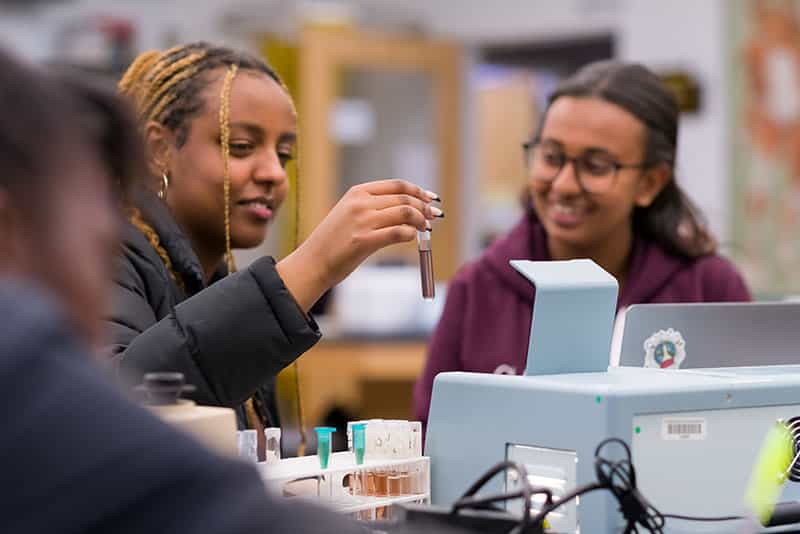
Labs
You have access to multiple labs on campus where you can conduct experiments alongside expert faculty.
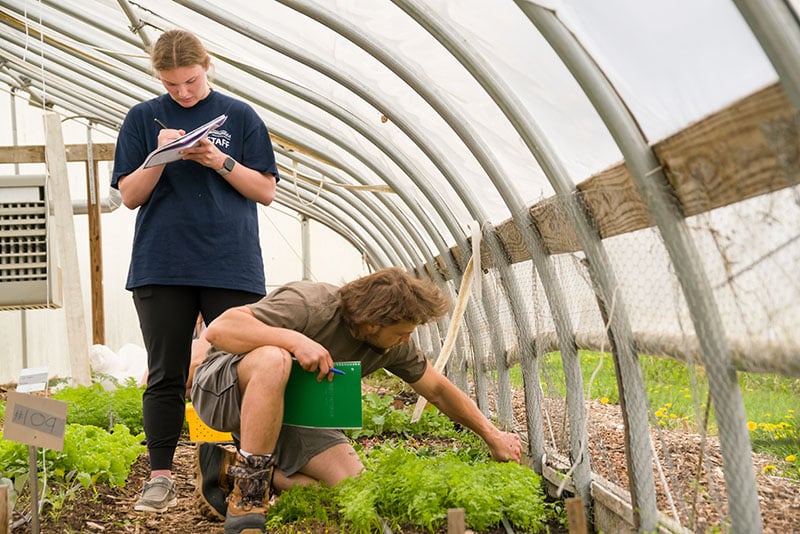
University Farm
The University Farm has a greenhouse and research plots where you can explore the complex field of medicinal plants.
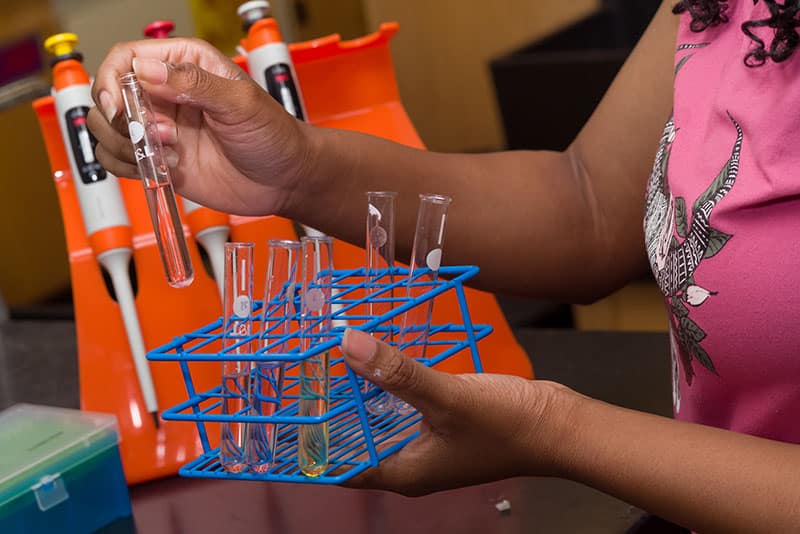
Research
Research projects can cover topics ranging from essential oils and medicinal herbs to teas and fungi.
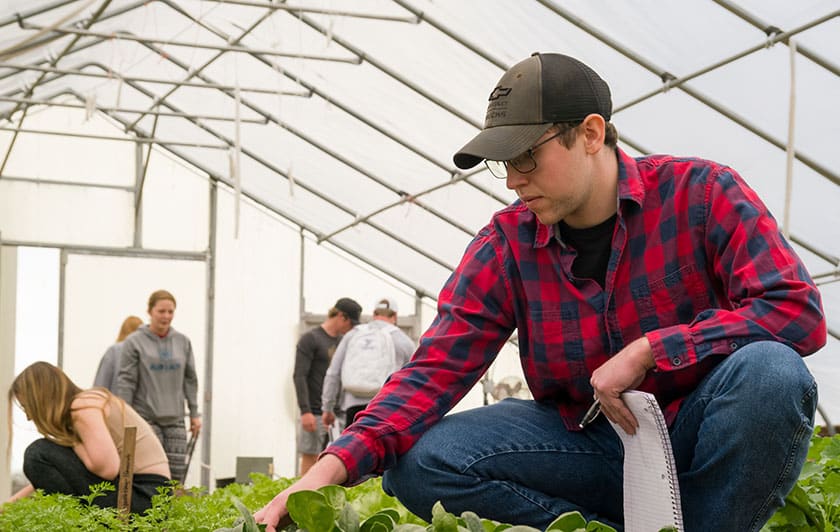
Internships
Internships allow you to get hands-on training in the areas of production, research, application, regulation, or other areas related to the field.